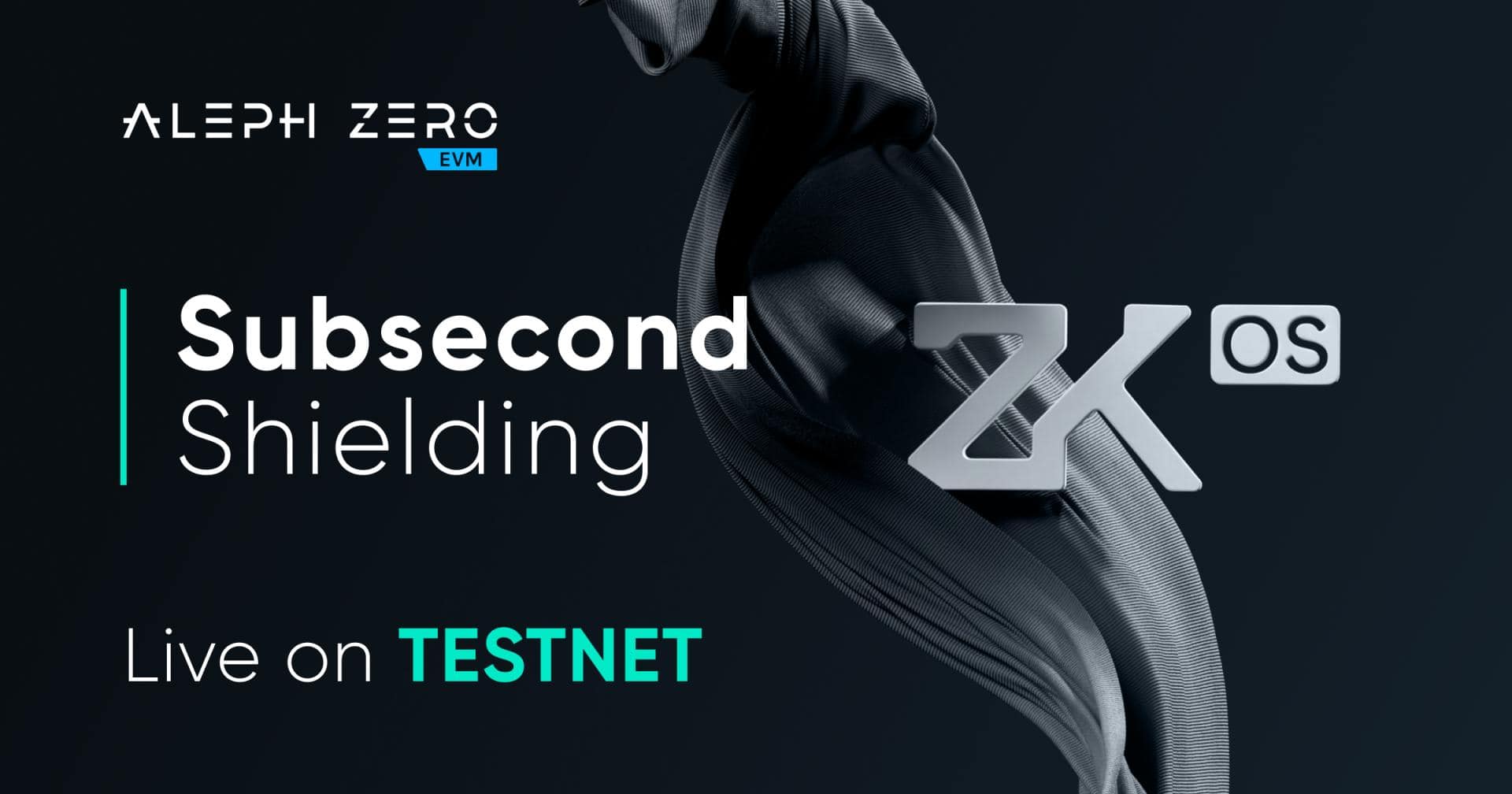
The artificial intelligence (AI) market now stands at about $9 trillion, and enterprises have only begun to explore its potential. Leading the way are AI chipmaker Nvidia, and model-maker OpenAI, ultimately competing against each other in the AI race.
The latest State of AI Report analyses, co-authored by AI investor Nathan Benaich and Alex Chalmers, platform lead at Air Street Capital details some observations and predictions regarding the current state of AI and what the future may entail for the emerging technology.
Also: CIOs must also serve as chief AI officers, according to Salesforce survey
Their predictions for AI in the coming year include the following:
- "An app or website created solely by someone with no coding ability will go viral (e.g. App Store Top 100)."
- "Frontier labs implement meaningful changes to data collection practices after cases begin reaching trial."
- "An open-source alternative to OpenAI o1 surpasses it across a range of reasoning benchmarks."
- "Challengers fail to make any meaningful dent in NVIDIA's market position."
- "Strong results from Apple's on-device research accelerates momentum around personal on-device AI."
Benaich's predictions from past reports have been mainly on target. Among a couple of the misses was a prediction that the "Gen AI scaling craze will see a group spend more than $1 billion to train a single large-scale model." This hasn't happened quite yet, which they admit, but "let's give it another year."
Also: Think AI can solve all your business problems? Apple's new study shows otherwise
They also predicted that "as inference workloads and costs grow significantly, a large AI company (e.g. OpenAI) acquires or builds an inference-focused AI chip company." They note that "Sam Altman is reportedly raising huge sums of money to do this, while each of Google, Amazon, Meta, and Microsoft continue to build and improve their owned AI silicon."
The co-authors also looked at the state of AI adoption within enterprises. "Enterprise automation is set to get an AI-first upgrade," they observed. This includes robotic process automation (RPA) juiced by AI.
Also: OpenAI's Altman sees 'superintelligence' just around the corner - but he's short on details
"Traditional robotic process automation, embodied by UiPath, has struggled with high set-up costs, brittle execution, and burdensome maintenance," they said. "Two novel approaches, FlowMind (JP Morgan) and ECLAIR (Stanford), use foundation models to address these limitations."
For example, they explained that "FlowMind achieved 99.5% accuracy in workflow understanding." At the same time, "ECLAIR takes a broader approach, using multimodal models to learn from demonstrations and interact directly with graphical user interfaces across various enterprise settings. On web navigation tasks, ECLAIR improved completion rates from 0% to 40%."
Benaich and Chalmers devoted a lot of attention to Nvidia, the leading AI chip producer and it "remains the most powerful company in the world, enjoying a stint in the $3-trillion club," they observed. "NVIDIA has already booked significant pre-sales on its new Blackwell family of GPUs and is making a strong play for governments, and its ambitions are only growing."
The other elephant in the AI world, OpenAI, also received a lot of space in the report. "OpenAI's reign of terror came to an end, until the Strawberry [o1] landed, doubling down on scaling inference compute," Benaich and Chalmers wrote, citing OpenAI's latest model. "OpenAI maintains its edge following the launch of o1, as planning and reasoning emerge as a major frontier."
Also: Welcome to the AI revolution
By shifting AI compute "from pre- and post-training to inference, o1 reasons through complex prompts step-by-step in a chain-of-thought (COT) style, employing RL to sharpen the COT and the strategies it uses," they added. "This unlocks the possibility of solving multi-layered math, science, and coding problems where LLMs have historically struggled due to the inherent limitations of next-token prediction."
The AI market is huge at this point. The authors estimate the value of AI companies at $9 trillion "while investment levels grow healthily in private companies." Startups are beginning "to gain traction in sectors like video and audio generation," they added.

 5 hours ago
3
5 hours ago
3




:quality(85):upscale()/2024/10/16/985/n/24155406/0cfe0a8f671040a88a2c23.51363576_.jpg)



 English (US) ·
English (US) ·